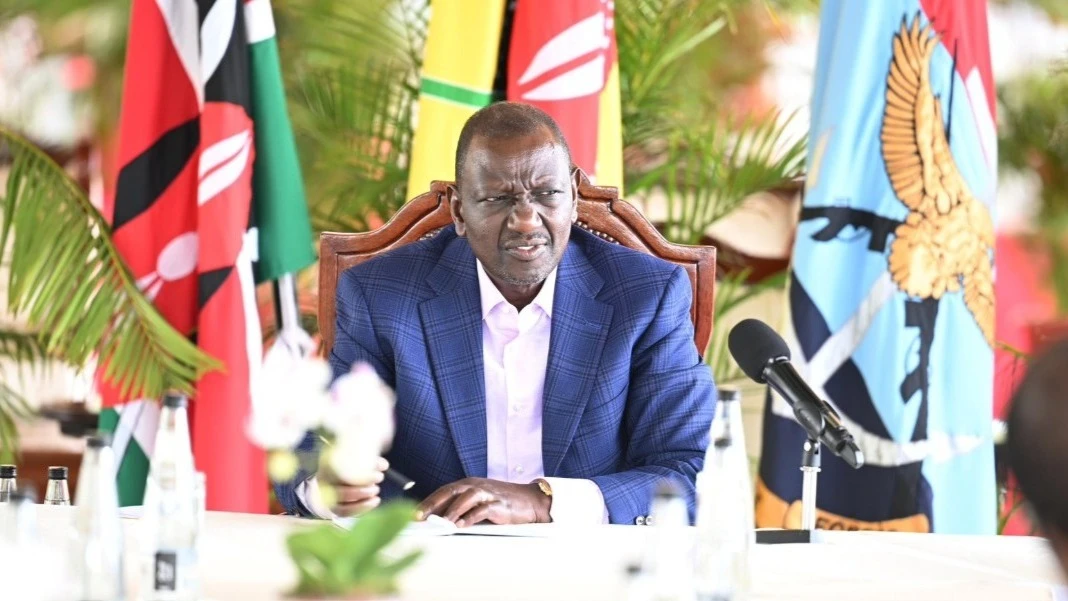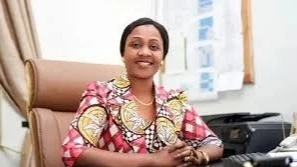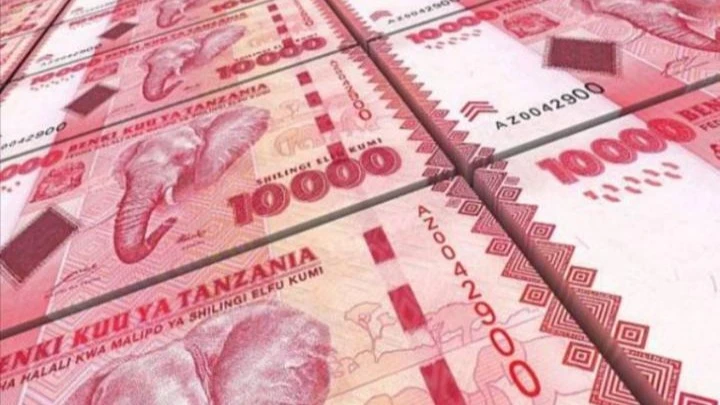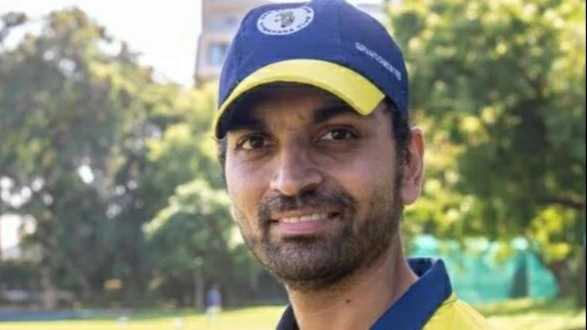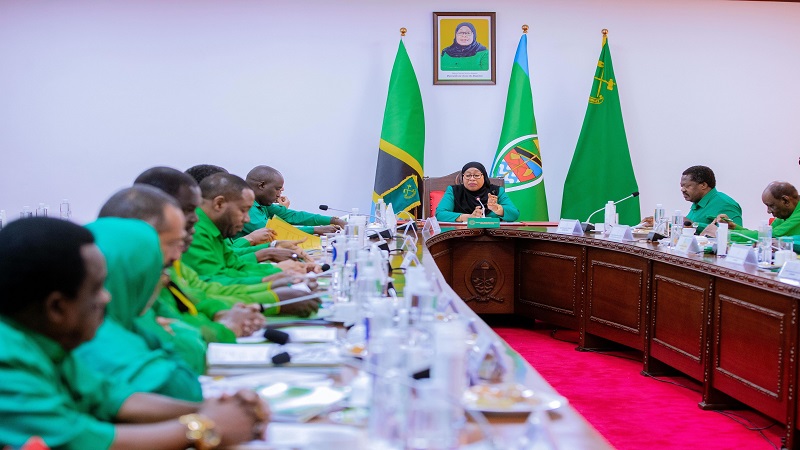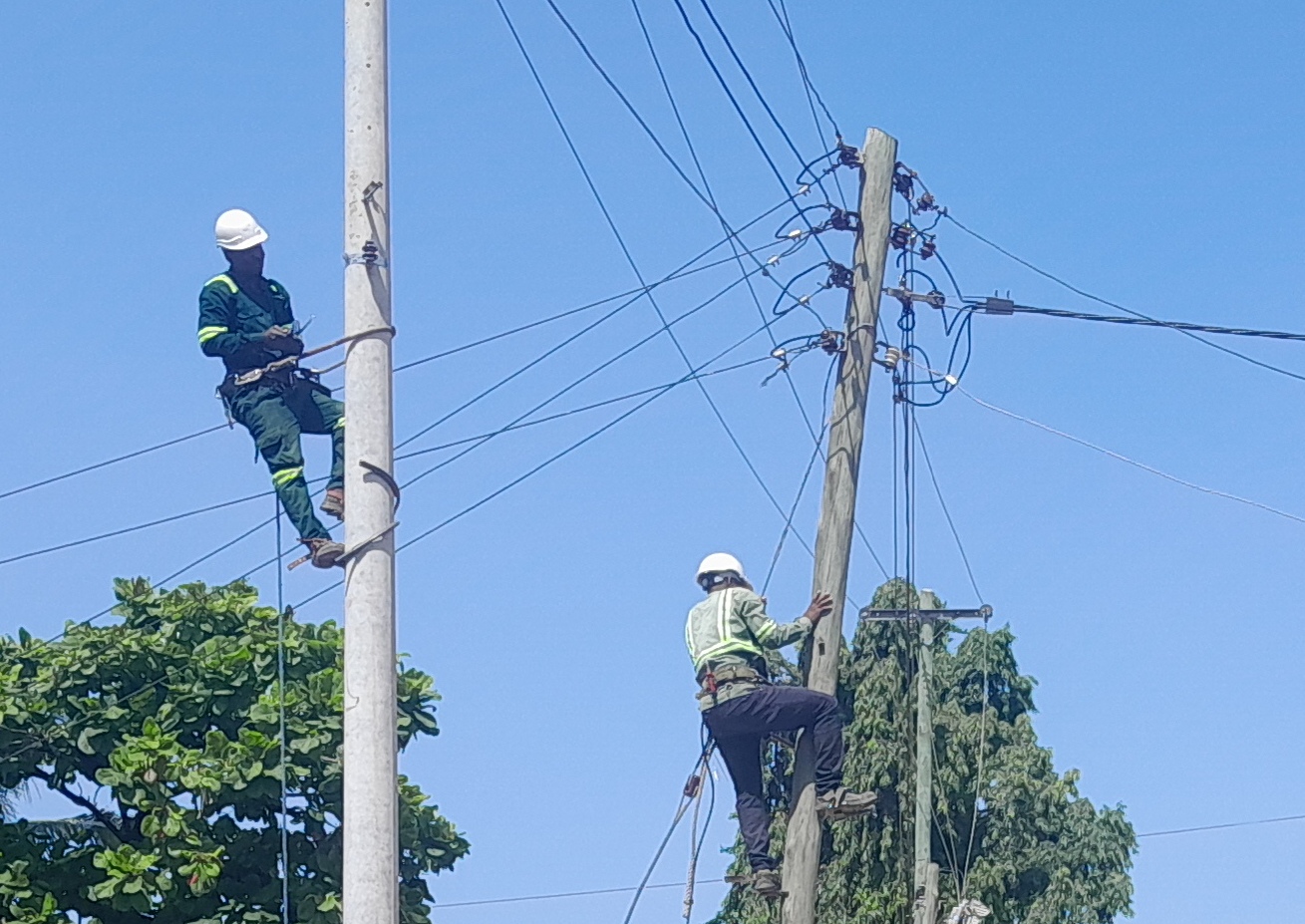'No loans to children of top officials'

THE practice of children of ministers or permanent secretaries accessing student loans from the Higher Education Students’ Loans Board (HESLB) is a form of theft that denies deserving students their rightful opportunity, the government has cautioned.
Prof. Adolf Mkenda, the Education, Science and Technology minister, issued this remark in a strongly worded criticism of the habit in a press briefing on the sector’s achievements during the past four years.
He said that loans should only go to students who genuinely need financial support, thus it is theft for the son or daughter of a minister or a permanent secretary to receive a loan from HESLB as it robs the needy of their chance. “Before I became a minister, I paid for my child’s education without applying for a loan,” he said, noting that the government is still reviewing the loan issuance system to ensure only deserving applicants benefit, without favouritism or exclusion of the rightful candidates.
“We acknowledge there are still challenges in the loan system. The government is exploring better ways to eliminate complaints about unqualified people getting loans while deserving students miss out, sometimes because of incomplete or inaccurate information during application,” he stated.
He also hinted at plans to consider requiring loan applicants to obtain verification from local government officials to curb false claims that result in undeserving students being granted loans.
The student loans portfolio has increased from 570bn/- in 2021/22 to 787bn/- for the outgoing financial year, reflecting the government’s commitment to expanding access to higher education, he said.
Upwards of 10,300 girls have similarly returned to school and resumed their studies after delivery in the wake of the president’s alteration of earlier restrictions. Many of those who returned are performing exceptionally well, he said.
“Although challenges remain, we are addressing them. Our goal is to prevent school pregnancies but we must also protect the right of those affected to pursue their education,” he emphasized.
Major reforms have been introduced in education, like extending compulsory education to 10 years and restructuring the education system to a 1+6+4+2/3+3+ format. A vocational track has also been introduced from secondary school level to prepare graduates with practical skills, the minister explained.
Curriculum reforms in pre-primary, primary, secondary and teacher education are being conducted, with general and vocational secondary education streams, he said, noting that the curriculum now includes mandatory subjects such as business education and history. Enhancements to language instruction methodologies were also introduced, he said.
Technical education has seen 389 programmes being developed or updated, while in higher education 563 programmes were revised to be aligned with national and global skills demands, he added.
Top Headlines
© 2025 IPPMEDIA.COM. ALL RIGHTS RESERVED










